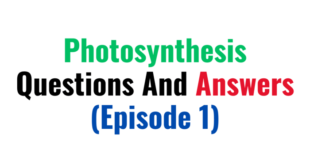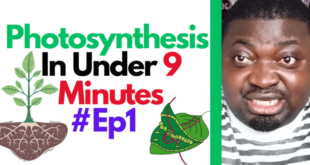This Post discusses the classification of living organisms into five major kingdoms based on their nuclear characteristics, distinguishing between prokaryotes and eukaryotes.
Important Highlights You Will Need To Know About Kingdom Classification Of Organisms
Classification: Living organisms are grouped into five major kingdoms
Nucleus: Classification depends on the presence or absence of a true nucleus.
Prokaryotes: One kingdom consists of prokaryotic organisms without a true nucleus.
Eukaryotes: Four kingdoms consist of eukaryotic organisms with a true nucleus.
Kingdoms: The five kingdoms are Prokaryota, Protista, Fungi, Plantae, and Animalia
Movement: Kingdom Animalia consists of motile and heterotrophic organisms, while Plantae is non-motile and autotrophic.
Fungi: Organisms in Kingdom Fungi are heterotrophic but non-motile, absorbing nutrients
Key Insights To Take Note About
Five Kingdoms: The classification system categorizes all living organisms into five kingdoms, providing a structured framework for biological study. This system simplifies understanding the diversity of life forms
Prokaryotes vs. Eukaryotes:
Prokaryotes vs. Eukaryotes: Prokaryotes lack a true nucleus, with DNA freely floating in the cytoplasm, while eukaryotes have a defined nucleus, illustrating fundamental differences in cellular organization.
Kingdom Plantae:
Kingdom Plantae: Plants are autotrophic and can synthesize their food through photosynthesis, showcasing a unique adaptation to their environment that allows them to thrive without movement.
Kingdom Animalia:
Animals are heterotrophic and motile, requiring external food sources for survival, emphasizing their dependence on other organisms and ability to navigate their surroundings for sustenance.
Fungi's Role:
Fungi are heterotrophic but non-motile, absorbing nutrients through external digestion, highlighting their unique ecological role in decomposition and nutrient cycling.
Kingdom Protista:
This kingdom serves as a bridge between the other kingdoms, containing diverse organisms with characteristics similar to animals, plants, and fungi, showcasing evolutionary relationships.
Follow Us On Telegram To Get Key Updates, Also Follow Us On WhatsApp Community For Important Updates, Or Send Us A Message On WhatsApp (+49 1516 6841930) If You Have Any Questions Relating To This Topic, And We Will Reply You As quickly as We Can. Check Out Other Related Post In This Category
Sharing Is Caring
 1blogxyz.com Contents Worth Sharing
1blogxyz.com Contents Worth Sharing



